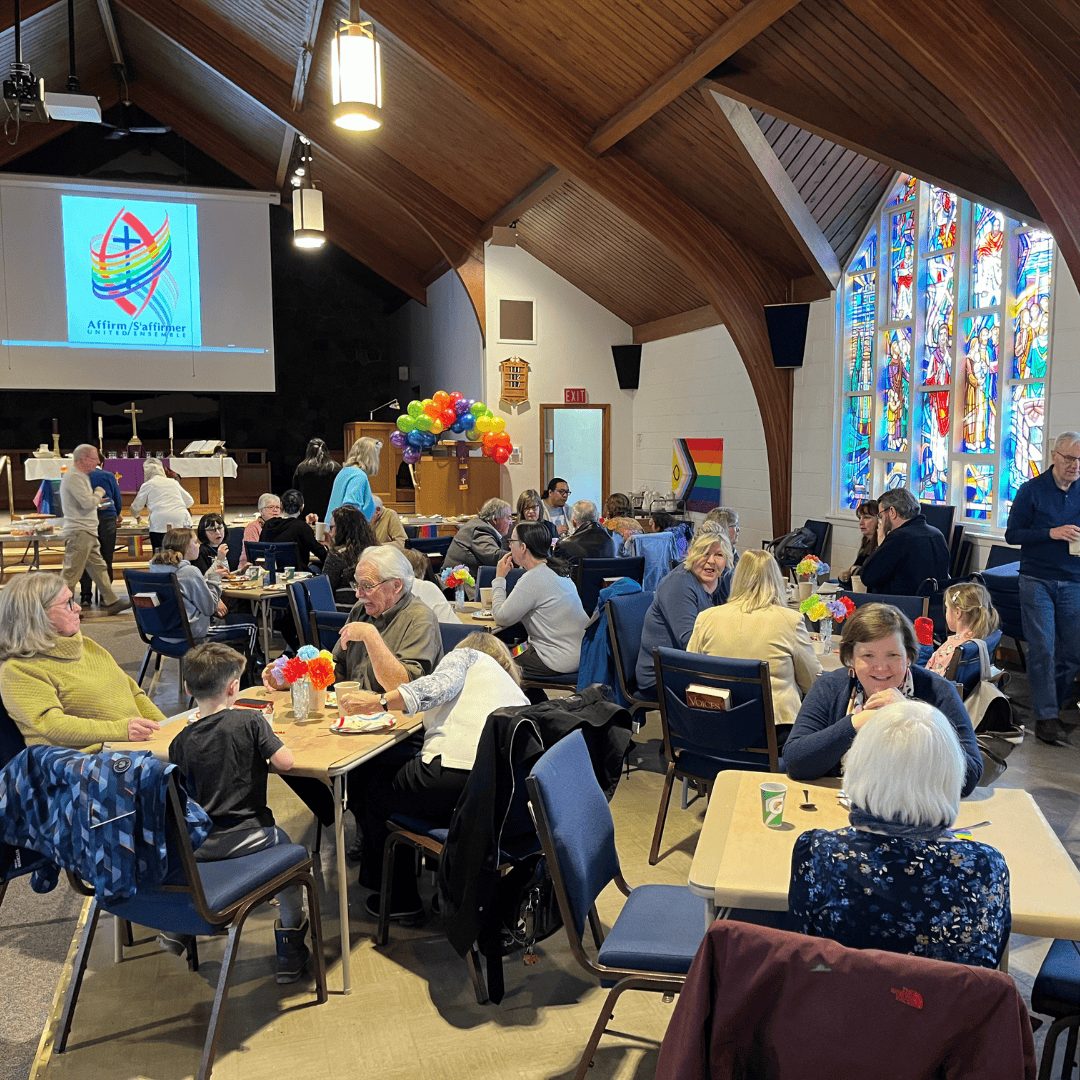Reflection from June 23
Jean-Michel Basquiat once said, “Art is how we decorate space, music is how we decorate time.” There is something ancient about music. We feel it in our bones and in our souls. The hum, the thump, the lift, the drop. Whether it’s muzak in an elevator, a full orchestra at Lincoln Center, a DJ at an underground rave, or the choir at church, music does something to us. It connects us, grounds us, lifts us, inspires us, comforts us.
Music is a good thing, it’s no wonder, then, that music takes a central place in most churches. What that music sounds like and what those musicians look like varies greatly from church to church. For some, it’s a centuries-old organ and a massive choir, for others it’s a full rock band, complete with lights and fog and drums, for others it’s a simple piano and a few enthusiastic, if slightly out-of-tune, volunteers. Music is precious for churches, and it’s easy to cast judgment upon how those other churches do their music. But that’s not what Amos is getting at here. It’s not that contemporary worship is more relevant or that hymns are more pure. It’s that none of it matters if you aren’t pursuing justice.
Worship isn’t only about what you do on Sunday morning. It’s about what you, together with your community, do every single day. A Christian music festival that fills an arena or the National Mall is noise if justice isn’t rolling down. The sweet sound of your tiny church choir is caustic noise if justice isn’t rolling down.
Worship is accessible bathrooms.
Worship is inclusive language.
Worship is protest marches.
Worship is food banks.
Worship is letter-writing campaigns.
Worship is hard conversations with friends, family, and neighbors.
Worship is prison abolition.
God’s people have been using music to worship for millennia. Let music touch and transform you. Let it lift your spirit and move your heart... and then let it move your body out into the street until justice rolls down like a never-failing stream.
